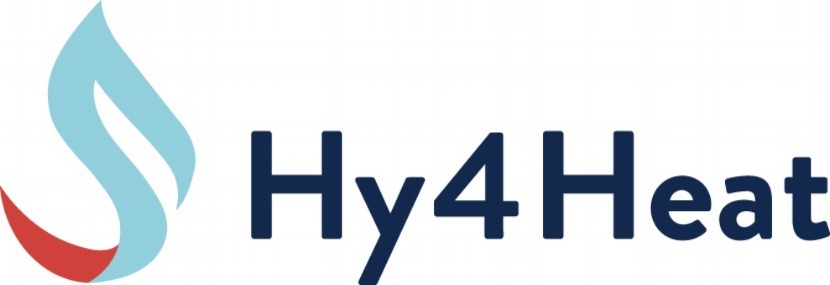Answers to some frequently asked questions
What is the Hy4Heat programme?
Hy4Heat is a programme commissioned by BEIS, the Department for Business, Energy & Industrial Strategy to explore whether replacing natural gas (methane) with hydrogen for domestic heating and cooking is feasible, and could be part of a plausible potential pathway to help meet heat decarbonisation targets.
To do this the programme will seek to provide the technical, performance, usability and safety evidence to demonstrate whether hydrogen can be used for heat in buildings.
As outlined in the government's Clean Growth Strategy there are a range of low carbon heating technologies with potential to support heat decarbonisation but, at present, it is not clear which will work best at scale. BEIS is working with industry and other stakeholders to build understanding of the different approaches, to prepare for decisions in the first half of the next decade about the long-term future of heat. So, hydrogen gas as a replacement for methane is just one of several routes that BEIS is considering to decarbonise heat - others include, for example: electrification, electric heat pumps, energy efficiency and storage solutions, carbon capture and use, biomass, and emissions removal.
When will the Hy4Heat programme end?
BEIS appointed the Hy4Heat team in November 2017 and the programme ended in early 2022
Why is Hy4Heat looking at using hydrogen gas as a replacement for methane?
More than 35% of the UK’s C02 emissions comes from the combustion of natural gas (methane), so the government is looking to reduce this. The majority of these C02 emissions are from heating people’s homes and cooking. In fact, the gas network supplies over two-thirds of domestic energy needs, so finding a low carbon alternative to methane is an important challenge.
The main advantage of hydrogen is that it does not release carbon dioxide during combustion, unlike methane and all hydrocarbons.
What are the programme's priorities?
The programme is addressing two key challenges with hydrogen; the safety assessment associated with using hydrogen in buildings, and the need to have appliances that can burn hydrogen rather than methane. Hydrogen has different combustion characteristics to methane and so current appliances are unsuitable for use with hydrogen.
*This is a similar challenge to the one faced in the 1960s when the gas network was converted from ‘Town gas’ (a blend of 50% hydrogen with methane and carbon monoxide) to 100% methane.
Are there any other studies looking into changing the existing gas grid to use hydrogen?
There is a separate, Ofgem-funded, programme researching the possibility of re-purposing the gas network ‘upstream of the gas meter'. Ofgem has commissioned the Gas Distribution Network Operators (GDNOs) to research the technical and safety challenges of using hydrogen in the gas distribution system.
Have you conducted any research into how the public may feel about using hydrogen?
As well as reviewing other studies into the public's response to different forms of energy there have also been a few small market reserach focus groups. These focus groups - part of work package 9 - were about potential community trials. And they focused on what barriers may need to be overcome, and how to best do this, in order for households to agree to take part in a potential community trial. https://assets.publishing.service.gov.uk/government/uploads/system/uploads/attachment_data/file/945286/potential-issues-associated-with-trialling-hydrogen-heating-in-communities.pdf

